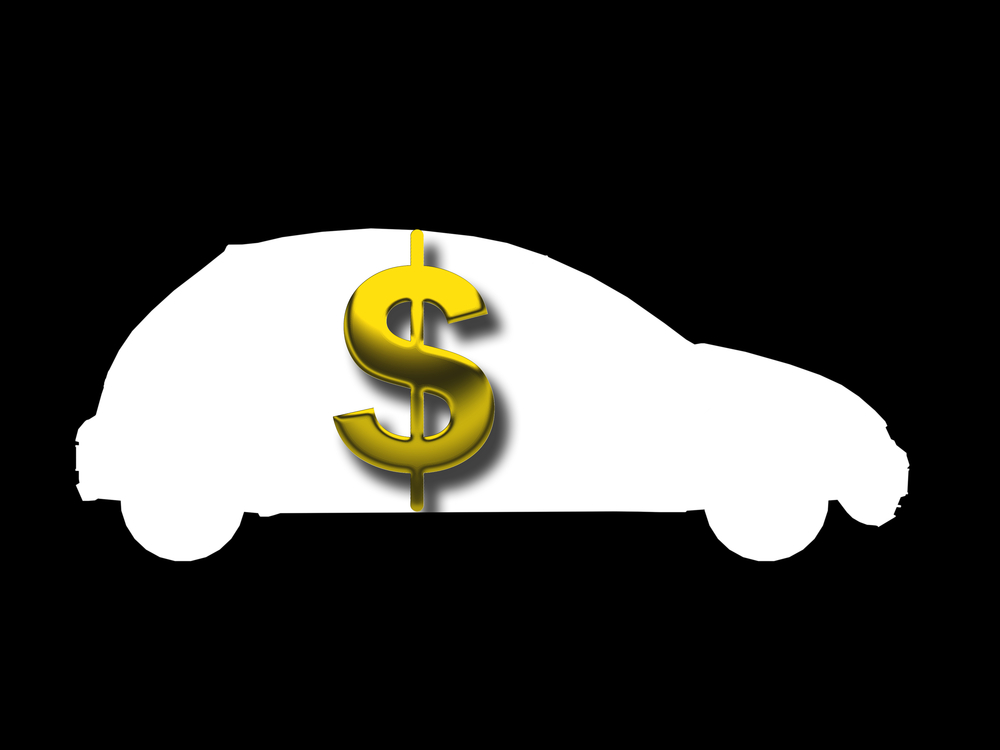How to determine the fair market value of a used car
Valerie Raskovic
Nov 01, 2023
In this article we will unlock the secrets of car pricing, shedding light on the factors that influence the cost of almost any used vehicle. So, whether you are trying to get the most money for your preowned vehicle or assess the price of a potential purchase, this article can provide valuable insights to ensure you're making the best deal possible.
The vehicles Fair market value is a measure of the vehicles price. Accessing the fair market value is basically the practice of measuring the cars liabilities and assets and comparting them to comparable options sold recently in your area. In many cases determining this value can be a bit like unraveling a mystery with numerous factors at play. In this guide, we'll reveal 3 simple steps that will help you determine the fair market value of almost any used vehicle.
- Know exactly what you are selling or purchasing
It’s imperative that you research the vehicle based on more than just year, make and model. You will also need to take into account things such as:
- Vehicle Mileage:
Mileage is a key consideration in determining fair market value. Generally, lower mileage is associated with a higher value because it suggests less wear and tear. However, it's essential to consider the type of miles. Highway miles are generally less taxing on a vehicle than city miles.
- Vehicle Condition:
The overall condition of the vehicle is a major factor in determining its price. Check for any visible damage, mismatch paint, corrosion, worn tires, mechanical issues. In some instances, it might be advantageous to carry out essential repairs to maintain the car's fair market value. Before listing the car for sale, it's essential to evaluate the return on investment for each repair. It's important to note that certain repairs may impact the vehicle's price more than others. Additionally, consider the repair costs, as certain repairs may exceed the value they add to the car.
- Vehicle History:
Obtaining a vehicle history report is essential. These reports provide a detailed account of a car's past, including events such as accidents, theft, repositions, total loss claims, reconstruction, title history, and maintenance records. A clean history report can positively impact the car's value.
- Market Research
The foundation in determining the car's fair market value lies in market research. There are numerous resources available both online and offline that can provide insights into a vehicle's value. Websites such as Kelley Blue Book (KBB), Edmunds and NADA offer pricing guides based on factors like make, model, year, mileage and condition.
For a more in depth and accurate pricing models gather a minimum of 5 similar vehicles in your local classified. Be sure to only include “apples to apples” comparisons meaning, only factor in cars of the same year, make, model, trim, options, mileage and overall condition. Do not attempt to get comparable pricing by compiling cars with different packages. You would not want to compare a fully loaded version of the same make and model vehicle to the base version. Also note that car prices will vary depending on your location so be sure to only select listings within 200 miles of your location. After acquiring a minimum of 5 comparable listings, you can calculate an average among them to establish a baseline price.
The time of year can also affect a car's fair market value. For example, convertibles may be in higher demand during the summer months, while four-wheel-drive SUVs might command a premium in winter. The comparative data will change with time so, if you intend to buy or sell a car in the summer avoid using research conducted during the winter as your pricing benchmark.
- Negotiation and Appraisal
Once you've gathered all the necessary information it's time to negotiate or seek a professional appraisal. If you're selling the car, set a reasonable asking price based on your research. If you're buying use your findings to negotiate a fair deal. Appraisers can provide an expert assessment of the car's value, which can be beneficial in transactions.
Determining the fair market value of a used car is a multifaceted process that involves research, consideration of multiple factors and sometimes a bit of negotiation. Whether you're buying or selling having a solid understanding of the car's worth ensures a fair and equitable transaction.
Read more articles

